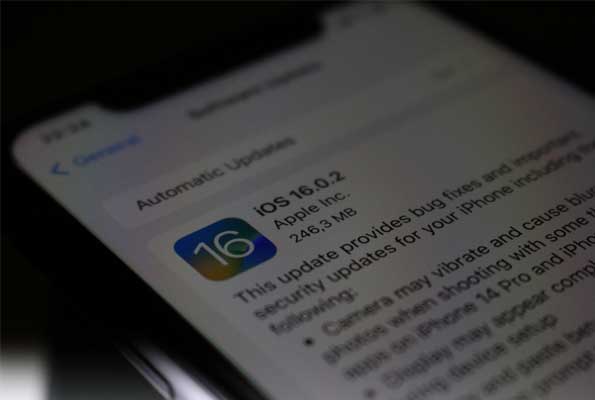Apple has released a number of new security upgrades that cover many of its devices, including the iPhone, iPad, and Mac, in order to address several issues, including a zero-day that has already been exploited.
The vulnerability affects the kernel, which controls the hardware of the device, and can allow bad apps to alter its state. It has the tracking number CVE-2023-38606.
The zero-day vulnerability is the third flaw in Apple products that requires no user interaction to get activated.
Operation Triangulation
The new mobile Advanced Persistent Threat (APT) campaign, also referred to as Operation Triangulation, is found to evaluate iOS devices via iMessage.
The campaign is run by researchers at Kaspersky, and they have alleged to have found this most recent defect.
They noted that older iOS versions are affected, and Apple notes that it ‘is aware of a report that this issue may have been actively exploited against versions of iOS released before iOS 15.7.1.’
According to Kaspersky’s lead researcher Boris Larin, this zero-day flaw is used to deploy the Triangulation spyware via an exploit in iMessage.
The latest security upgrades are accessible for devices running Safari, iOS, iPadOS, macOS (Big Sur, Monterey, and Ventura), tvOS, and watchOS.
Apple has fixed a total of 11 zero-days that have been exploited by attackers and have affected Macs, iPads, and iPhones since the year’s beginning.
Additionally, it just announced a remedy for a vulnerability in its WebKit software that would have allowed arbitrary code execution.
Meanwhile, Apple is collaborating with Samsung and LG to create a bezel-less, notch-less display, according to Leakster Ice Universe, the South Korean newspaper.
The OLED display, which has been used since the iPhone 12 series, will still be used by the company.
According to the report, Apple wants to stick with flat displays, in contrast to many Android competitors who use curved displays on their mid-range products.



